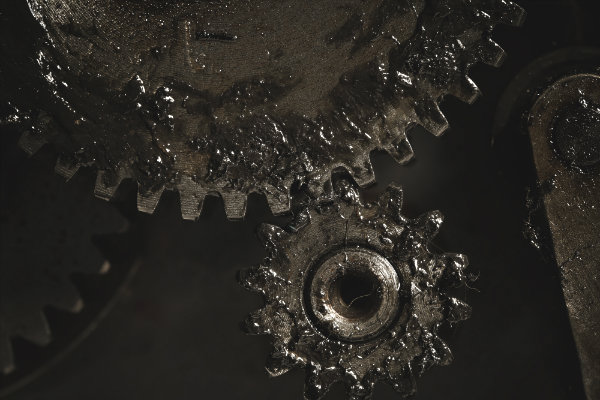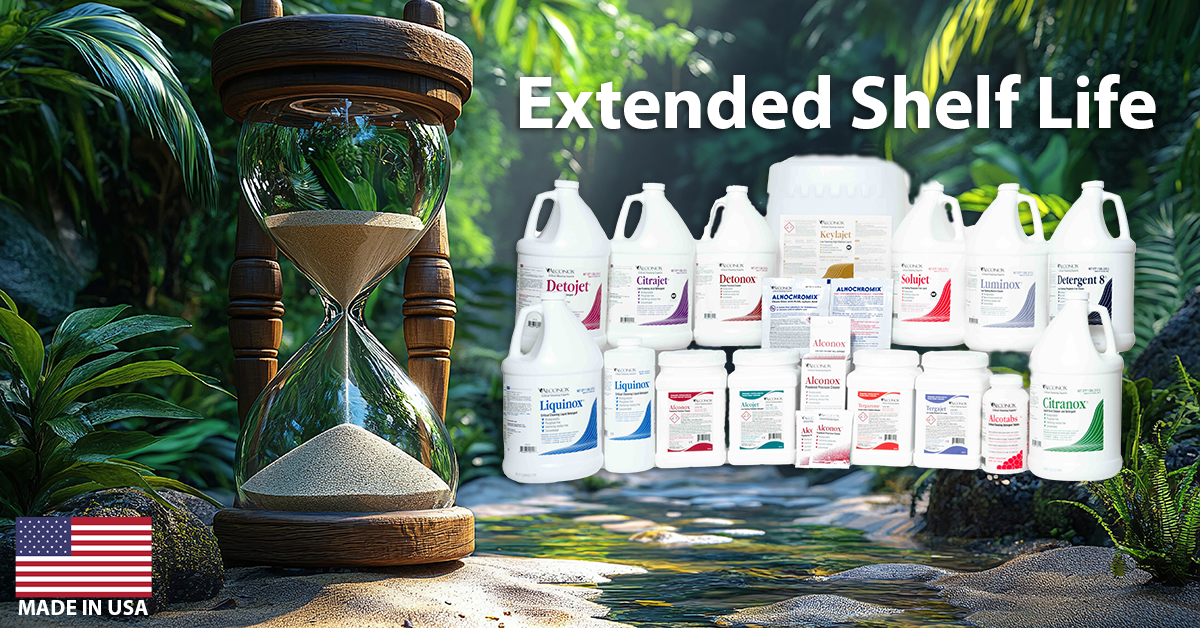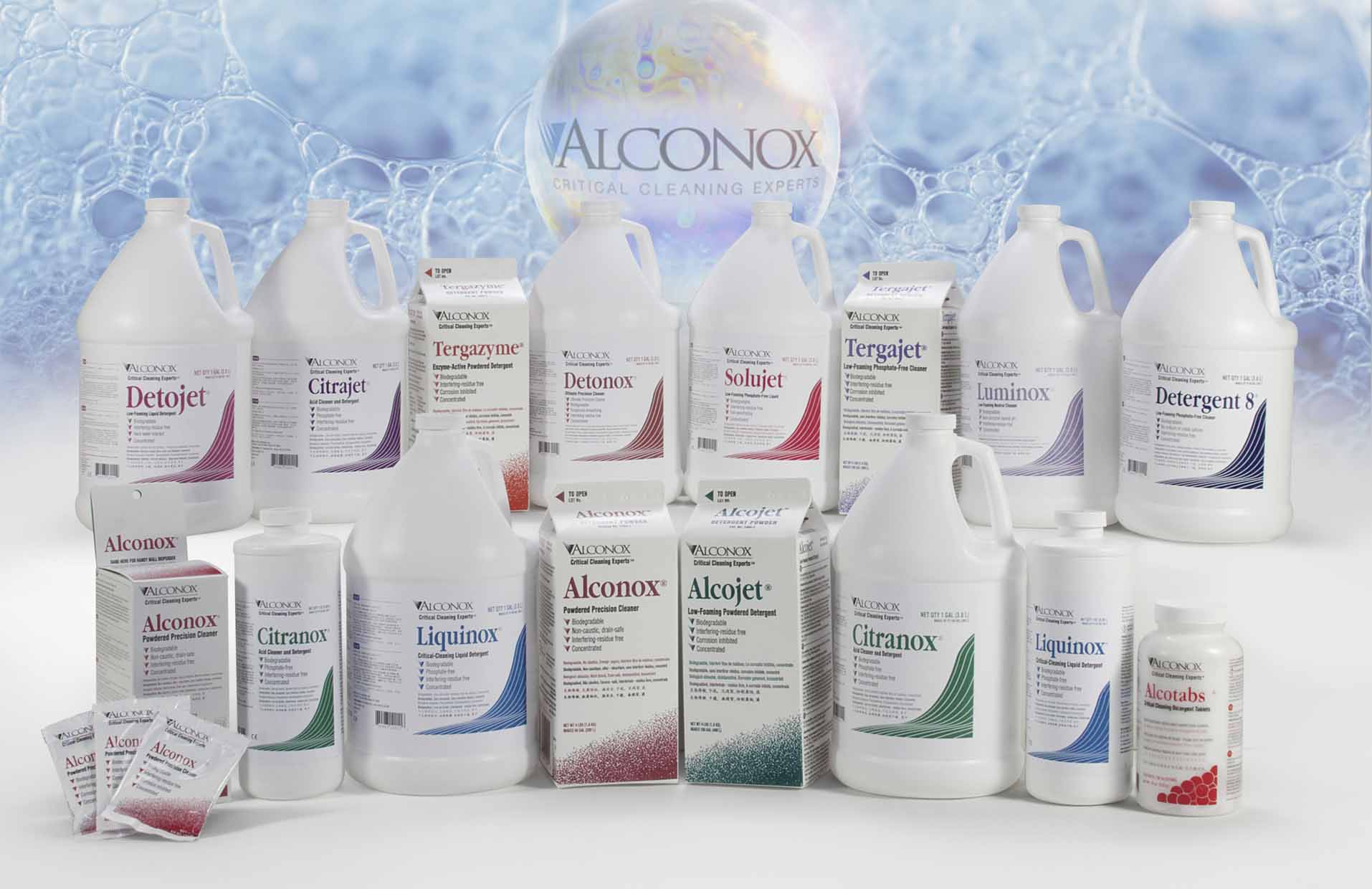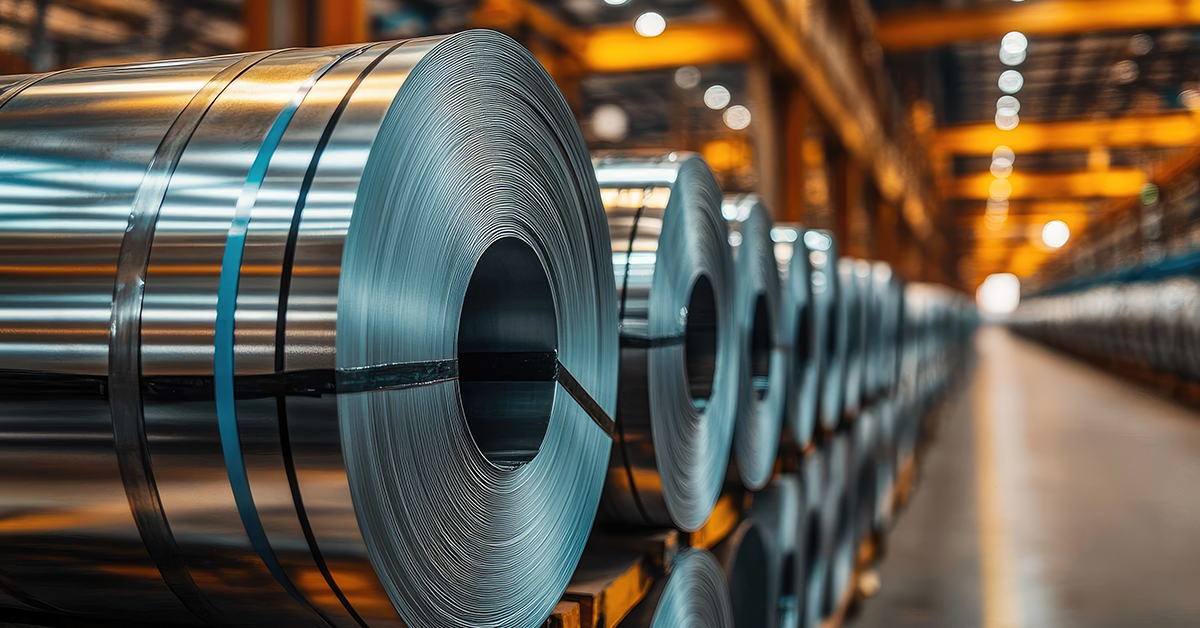
Q. What is the best cleaner to use when degreasing aluminum? And what about rinsing?
A. First, the word “degreasing” is a technical term used by many metal manufacturers that means removing oil (with or w/o grime) on the surface of the metal. It comes from the historical use of a vapor degreaser using freon, where people dipped dirty metal parts in to the freon vapor. The vapor then condenses on the part and drips off while solvating off the oil. Then more vapor forms to rinse and you then therefore do not have to “rinse” with this type of cleaner. Freon is ozone depleting so it is not commonly used any more, but because of this history the industries that used them prefer not to rinse.
Degreasers can also mean heavy duty alkaline cleaners, typically with corrosion inhibitors – sometimes these industries never even rinse these because they are just not that critical an application (removing grease from engine parts in a railroad engine that is going to be reassembled and have fresh grease put on it for example). If the bare aluminum has been recently cut, abraded, polished, turned or drilled, then the passive oxide layer will have been broken. If it has not had time to reform in air (takes 15 min or so) or if it has an oily coating that interferes with air getting to the surface, then the aluminum is not passivated.
Unpassivated aluminum will be attacked by an alkaline cleaner, even ones with mild pH or silicate corrosion inhibitors. For this, we only recommend using Citranox® Liquid Acid Cleaner and Detergent or Citrajet® Low-Foam Liquid Acid Cleaner/Rinse for degreasing. If the Citranox or Citrajet solution is not rinsed off, an aluminum salt could form on the surface (for most applications this will not harm the aluminum, and will only cause slight brown discoloration – mostly visible by magnified inspection, barely detectable to the naked eye as a golden brown discoloration).
Of course it is always recommended to rinse with aqueous detergents such as these, and the first rinse water following the Citranox/Citrajet cleaning should be with tap water, cold and not DI. DI water is more ion hungry and will expose more sites to undesirable oxidation from the dissolved oxygen. This potentially will cause discoloration of the unpassivated surface. If tap water is not available as first rinse, then wait 15 minutes before rinsing in DI – of course at the possible expense of any possible problems with dried on and/or redeposited residues from the Citranox/Citrajet cleaner.
In heavy duty degreasing, people may be fine simply wipe rinsing or blowing off the parts and can probably live with any trace hazy discoloration. For more critical cleaning where the term degreasing is less likely to be used, you absolutely have to rinse thoroughly. If the bare aluminum (or metal) has the protective oxide layer present and is in a passive state, then we recommend alkaline cleaners – either mild pH or with silicate corrosion inhibitors. Alkaline cleaners tend to remove organic and oily residues (like oils, hydrocarbons, etc.) more effectively.
Note that anodized aluminum is an aluminum that has been electrically treated to form a stronger oxide or other coating that you typically would safely recommend an alkaline cleaner for. The exception is of course if there has been cutting or anything that has gone through the anodizing, in which case you are back to all the concerns about bare, unpassivated aluminum (mentioned above). Typically end-users do not cut or abrade anodized aluminum, they would do the anodizing after all the cutting or drilling.
To request an Alconox, Inc. detergent for free, please complete the questionnaire at Get Sample. For more information about any one of our Alconox, Inc. detergents, consult the technical bulletin for each product. Or click here to access each of our detergent’s Safety Data Sheets.
Do you have a critical cleaning question for the experts at Alconox, Inc.? Search TechNotes to see if it’s been answered before or Ask Alconox.
Contact us any time: cleaning@alconox.com



